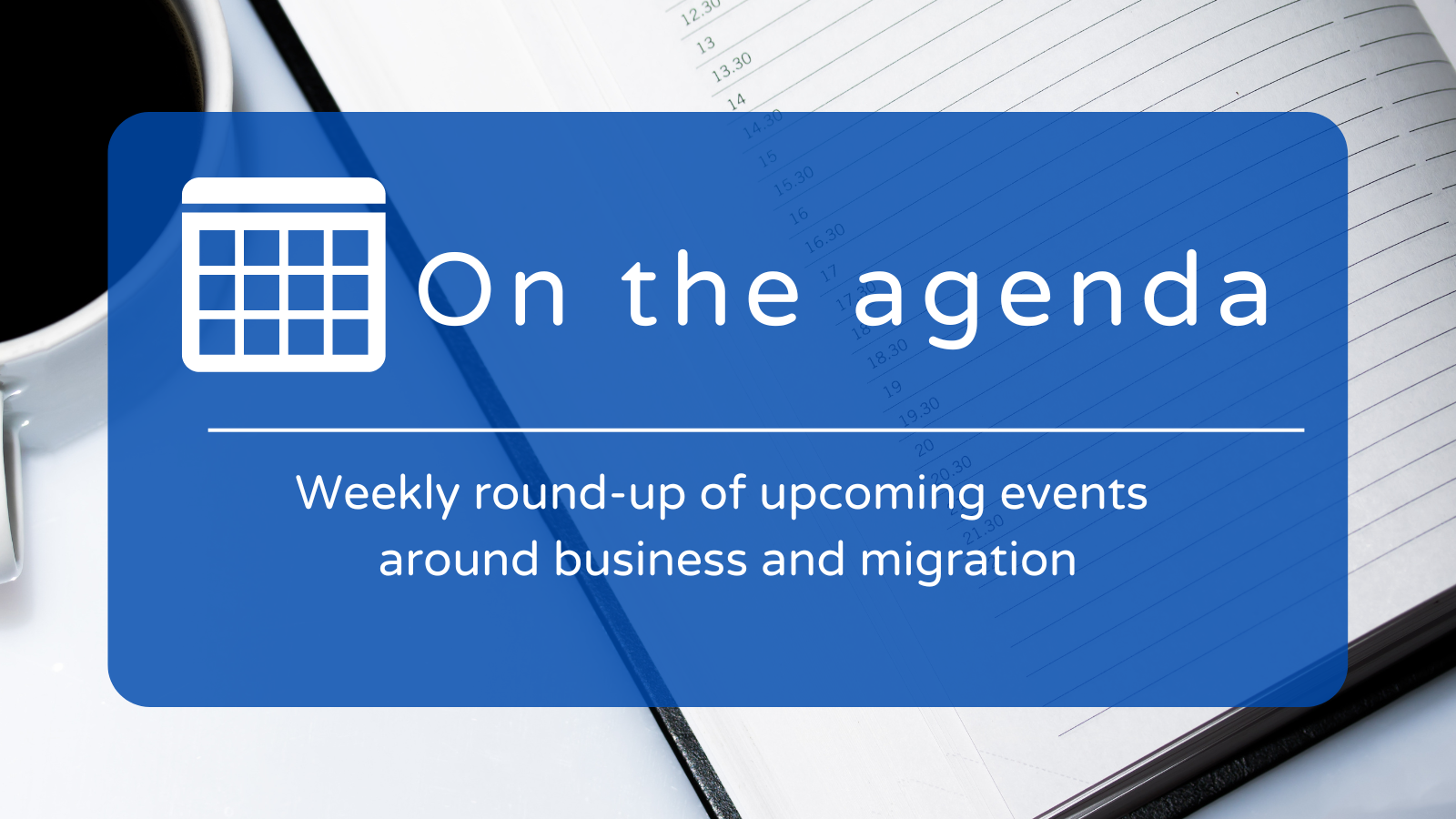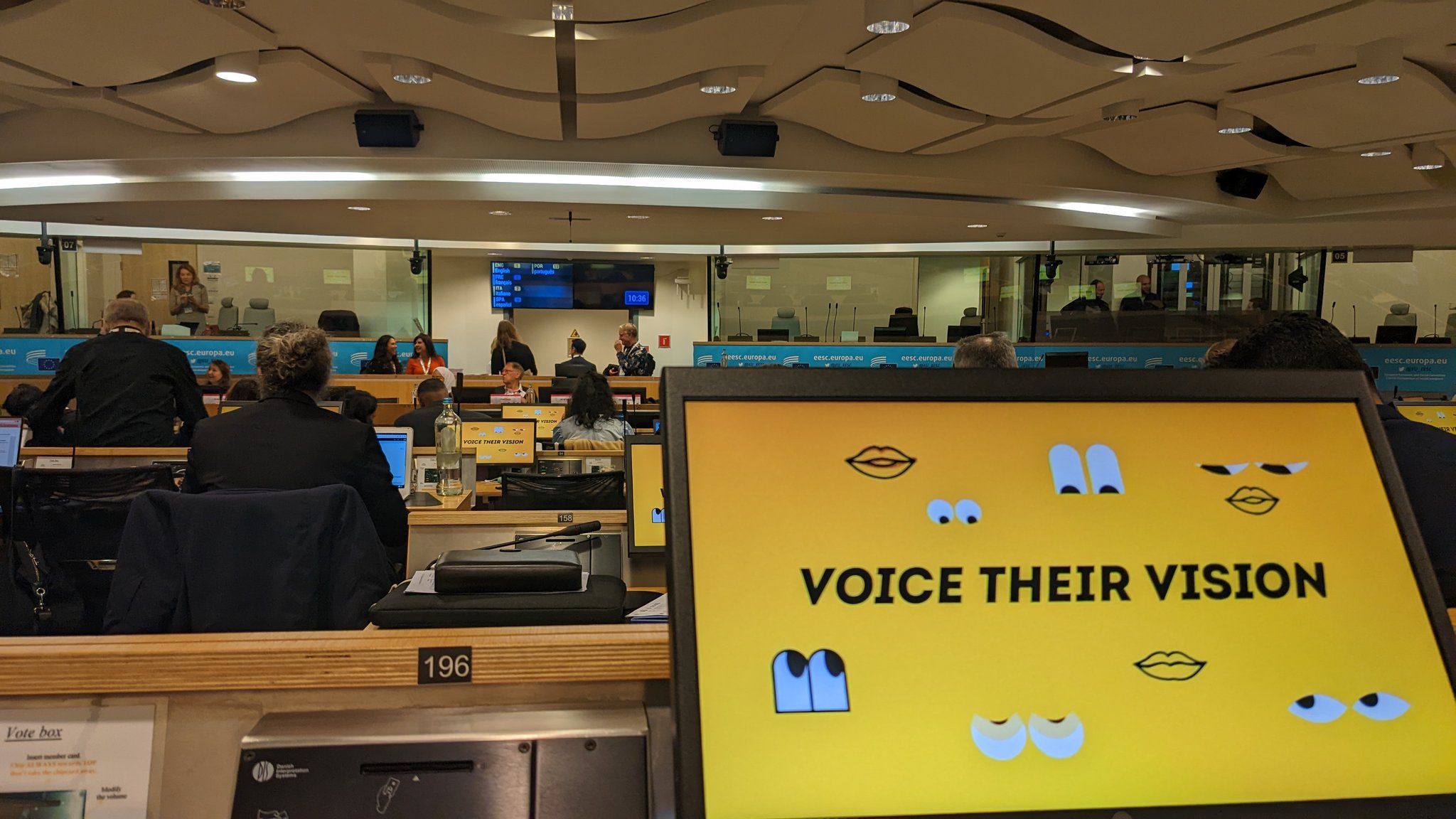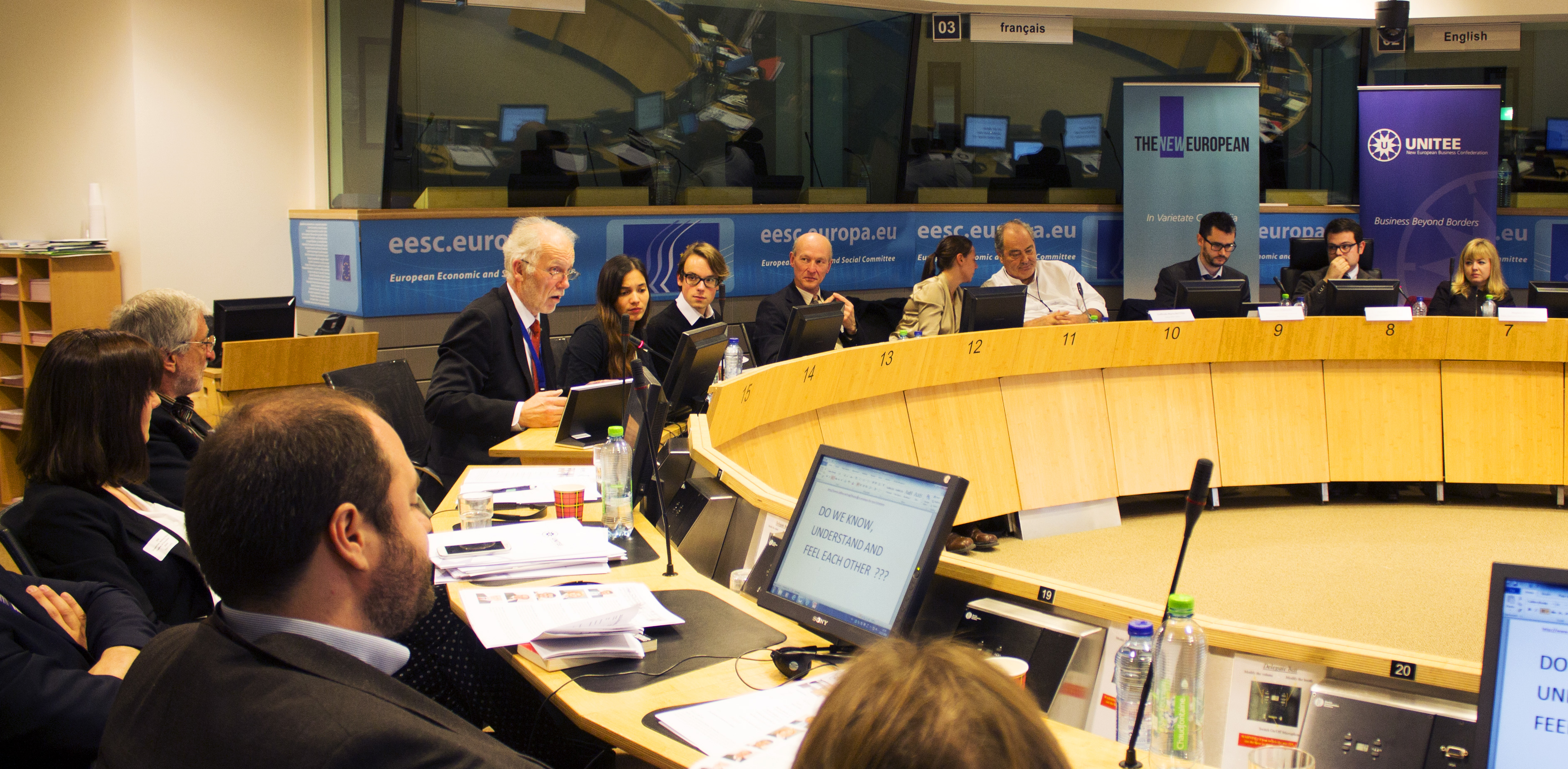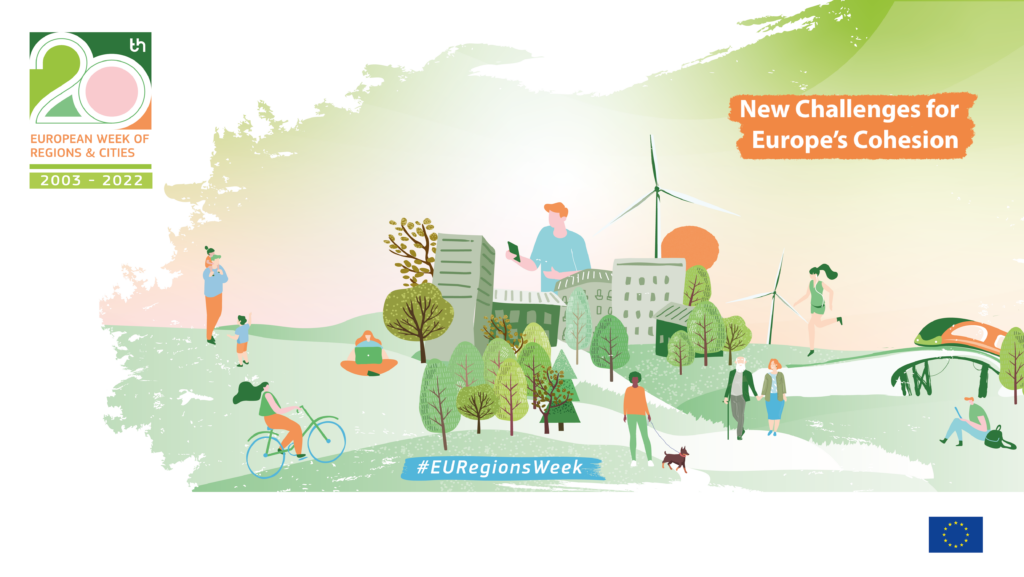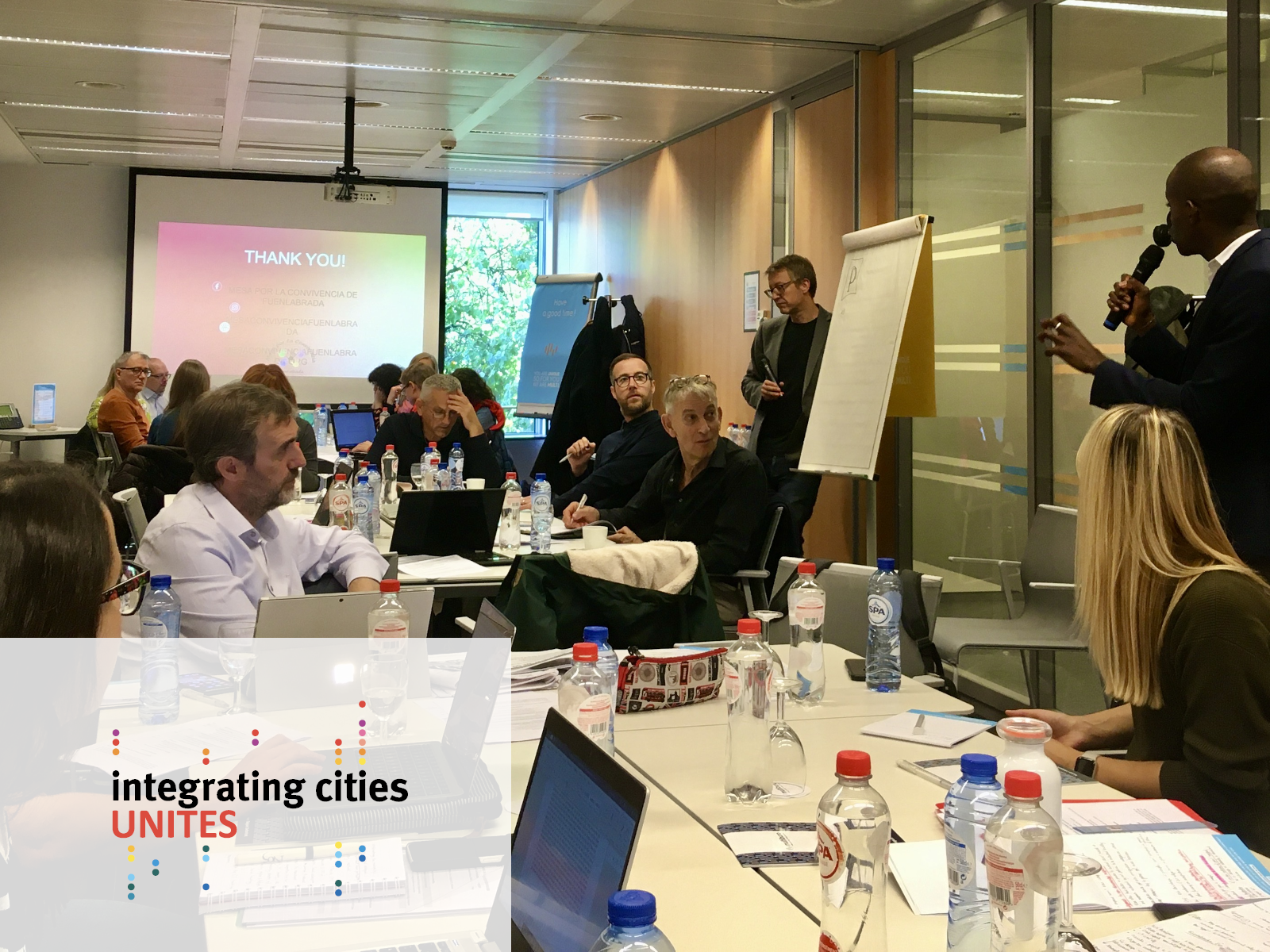See our collection of relevant events, conferences, and meetings taking place next week. Tune in to them to stay updated on EU developments.
3 November 2022, 15:00-17:00 CET
This hybrid event, organised by the UN University Centre for Policy Research (UNU-CPR) in partnership with the MIDEQ Hub and Geneva Science-Policy Interface (GSPI), is the first in a series of migration policy roundtables and provides an opportunity to reflect on progress related to the implementation of the Global Compact on Migration (GCM). Taking place six months after the first International Migration Review Forum and ahead of the next round of Regional Reviews, it will discuss challenges that lie ahead to turn the Global Compact’s promises into practice.
To register click here.
6 – 18 November 2022
From 6 to 18 November 2022, Egypt will host the 27th session of the Conference of the Parties to the UNFCCC (COP27) in Sharm El-Sheikh, with a view to building on previous successes and paving the way for future ambition.
- Council of the Eu/ Economic and Financial Affairs Council
8 November 2022, 10.30Agenda highlights, main results (after the meeting), press material and live streaming are available here.
- EESC/ ECO section and public hearing on Gender-based investments in national Recovery and Resilience Plans
8 November 2022 9:30-13:00 Agenda available here. - European Commission – High level conference: towards a legislative framework enabling a digital euro for citizens and businesses
7 November 2022, 09:00 – 17:30 CETThe Eurosystem has launched the investigation phase of a digital euro project. Many other jurisdictions are also exploring options for central bank digital currencies. The Commission has announced a legislative proposal on a digital euro for early 2023. In this context, the conference will be an opportunity to discuss key regulatory and policy aspects of a digital euro.The conference is organised jointly by the European Commission and the European Central Bank. It will be live streamed.
- European Parliament/Committee on Employment and Social Affairs Meeting
7- 8 November 2022. Agenda available here. - EESC Public Hearing: Gender-based investments in national Recovery and Resilience Plans
8 November 2022
- Council of the Eu/ Economic and Financial Affairs Council
This public hearing organised by the ECO section brings together experts from organised civil society and academia, as well as decision-makers to discuss the measures taken by Member States in their RRPs, the current methodology to assess their results, potential incentives (through taxation, by promoting investment in work-life balance, as well as in care services, training, improvements in working conditions, etc.) to increase gender equality in the Member States, and other effective measurement tools to assess the impact of such measures.
The event will be webstreamed (original, EN, FR, DE). No registration is needed and participation is free of charge.
- CREME – Towards A New Agenda for Ethnic Minority Entrepreneurship
10 November 2022 10:00 – 16:45 GMTThis Conference is at the forefront of debates and initiatives on ethnic minority entrepreneurship in the UK. It connects policy-makers, academics and business owners from all backgrounds; and provides a valuable way to build communities dedicated to pursuing CREME’s mission to ‘make diversity and enterprise everyone’s business’.
- EESC/INTERACTIO – Consultative Commission on Industrial Change (CCMI)
11 November 2022. Agenda available here.
- CREME – Towards A New Agenda for Ethnic Minority Entrepreneurship

